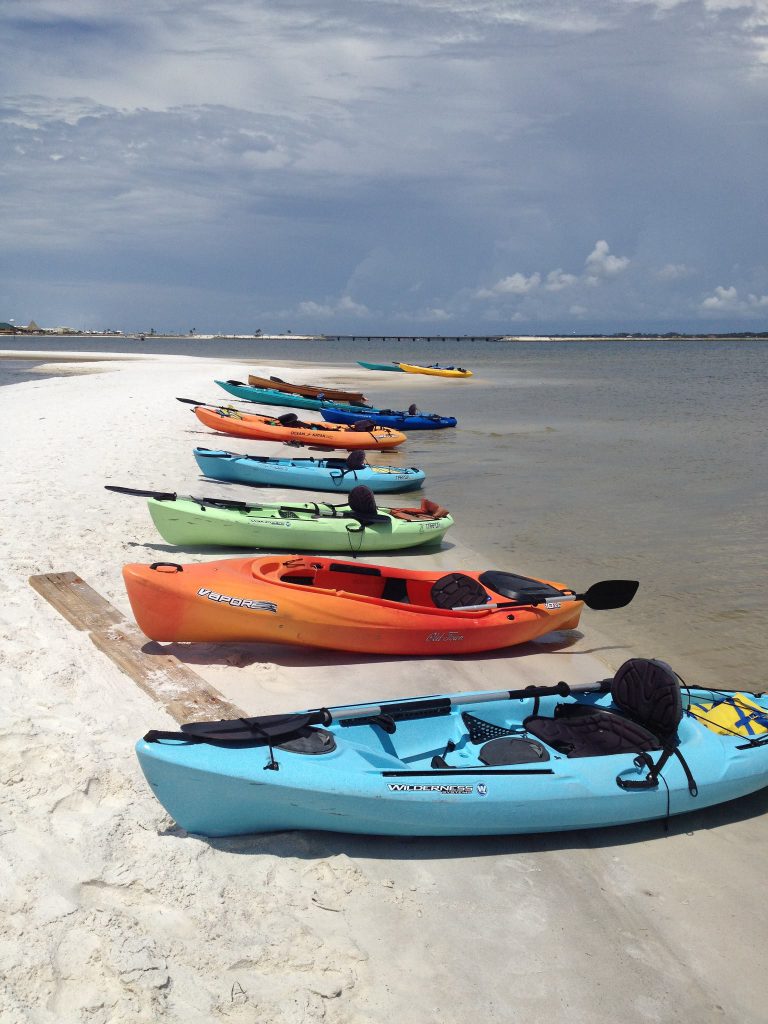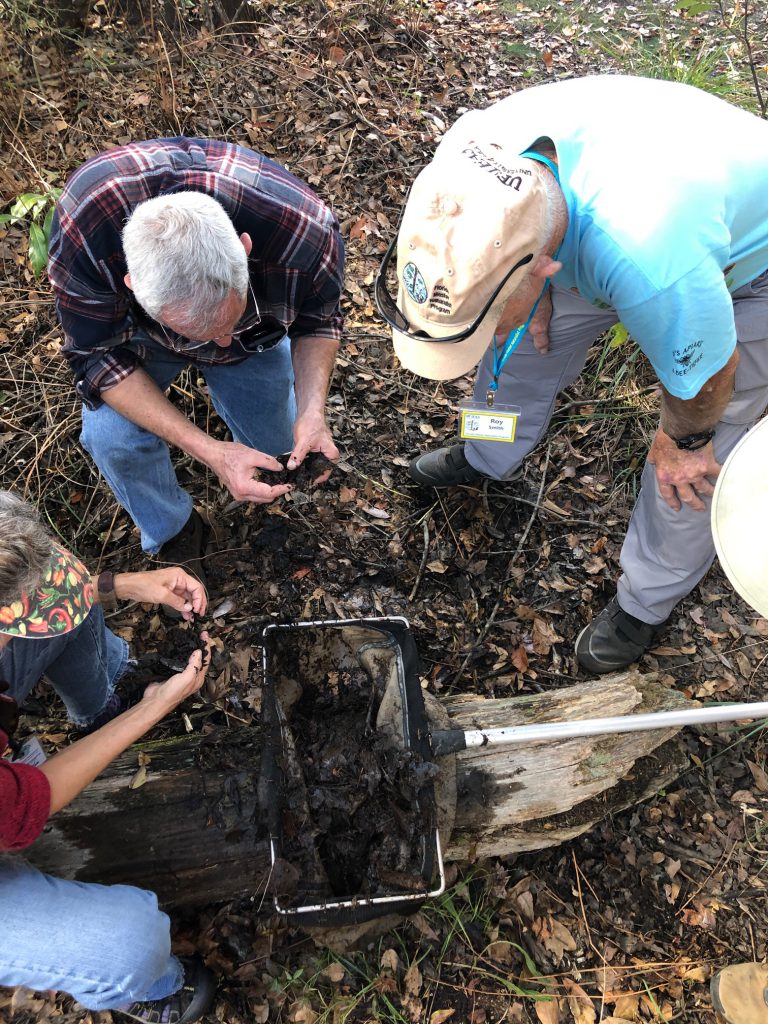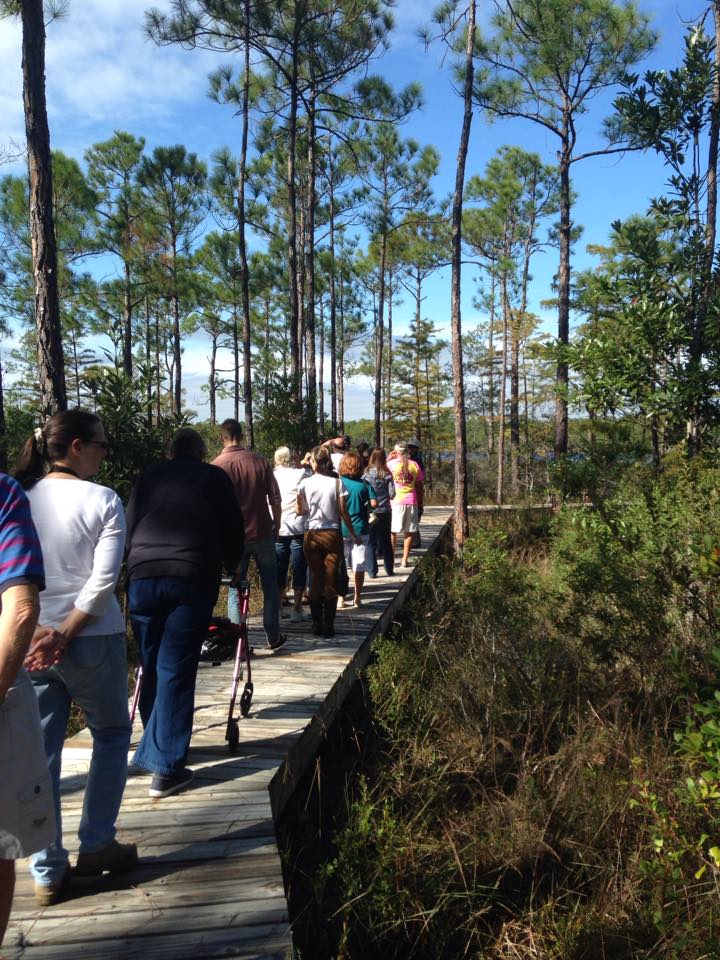Kayaking over seagrass beds and stingrays, hiking among pitcher plants, boating past diving ospreys, and meeting hundreds of fascinating, like-minded people—these are just some of the great experiences I’ve had while teaching the Florida Master Naturalist Program. More than 20 years since its inception, the Florida Master Naturalist Program (FMNP) has inspired the creation of dozens of similar courses in other states and proven itself to be one of the most popular outreach programs to come out of UF IFAS Extension.

The mission of the FMNP is simple—to promote awareness, understanding, and respect of Florida’s natural world among Florida’s citizens and visitors. I have always felt strongly that if you want people to care about something, they need to understand it. And to really understand something, you need to experience it. I know my own passion for science and ecology was ignited early on by teachers who took us outside and helped us encounter the many wondrous surprises in the natural world. With the FMNP, we seek to do just that.

Over a span of 40 hours in 6-7 weeks, we spend about half our time with classroom presentations and the other half in the field, seeing the plants, animals, and ecosystems we discuss in class. In addition to classes and field trips, students produce a final project and present it to the class. These can range from labeled collections and slide presentations to building bird houses and new trails. The program is composed of three 40-hour core courses; Coastal, Upland, and Freshwater Systems. Seven “short courses” with 24 hours of class/field time include the Land Steward series (Conservation Science, Habitat Evaluation, Wildlife Monitoring, and Environmental Interpretation) and the Restoration courses (Coastal Restoration, Marine Habitat Restoration, and Invasive Plants). Locally, we try to rotate the core modules every couple of years and incorporate the short courses periodically. Registration includes a detailed course manual and, upon completion, FMNP patch, certificate, and pin denoting area of expertise. There are a handful of scholarships available for those interested in applying to offset costs.

The classes do not count towards university credit but are an excellent certification and professional development opportunity that many will list on a resume. While we’ve had ecotour operators, park rangers, environmental consultants, teachers, and archaeologists participate, most of our FMNP students are not professionals in the field. They come from every background imaginable but share an interest in the outdoors. Because we meet weekly, class members often form long-lasting friendships during the courses.
Information on upcoming classes in northwest Florida and all around the state is available online. Classes range from fully in-person to hybrid and online options. FMNP classes are restricted to adults 18 and over, but a new “Florida Youth Naturalist” curriculum has been designed through our 4-H program for young people. For more information on that, check out their website.
- The Striped Burrfish - April 11, 2025
- The Value of Biodiversity - March 28, 2025
- It’s Baby Bat Season! - June 7, 2024
